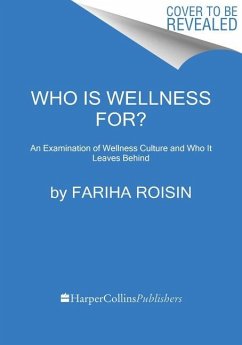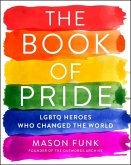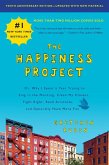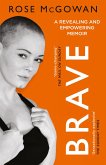The multi-disciplinary artist and author of Like a Bird and How to Cure a Ghost explores the commodification and appropriation of wellness through the lens of social justice, providing resources to help anyone participate in self-care, regardless of race, identity, socioeconomic status or able-bodiedness. Growing up in Australia, Fariha Róisín, a Bangladeshi Muslim, struggled to fit in. In attempts to assimilate, they distanced themselves from their South Asian heritage and identity. Years later, living in the United States, they realized that the customs, practices, and even food of their native culture that had once made them different—everything from ashwagandha to prayer—were now being homogenized and marketed for good health, often at a premium by white people to white people. In this thought-provoking book, part memoir, part journalistic investigation, the acclaimed writer and poet explores the way in which the progressive health industry has appropriated and commodified global healing traditions. They reveal how wellness culture has become a luxury good built on the wisdom of Black, brown, and Indigenous people—while ignoring and excluding them. Who Is Wellness For? is divided into four sections, beginning with The Mind, in which Fariha examines the art of meditation and the importance of intuition. In part two, The Body, they investigate the physiology of trauma, detailing their own journey with fatphobia and gender dysmorphia, as well as their own chronic illness. In part three, Self-Care, they argue against the self-care industrial complex but cautions us against abandoning care completely and offers practical advice. They end with Justice, arguing that if we truly want to be well, we must be invested in everyone’s well being and shift toward nurturance culture. Deeply intimate and revelatory, Who Is Wellness For? forces us to confront the imbalance in health and healing and carves a path towards self-care that is inclusionary for all.
Bitte wählen Sie Ihr Anliegen aus.
Rechnungen
Retourenschein anfordern
Bestellstatus
Storno








